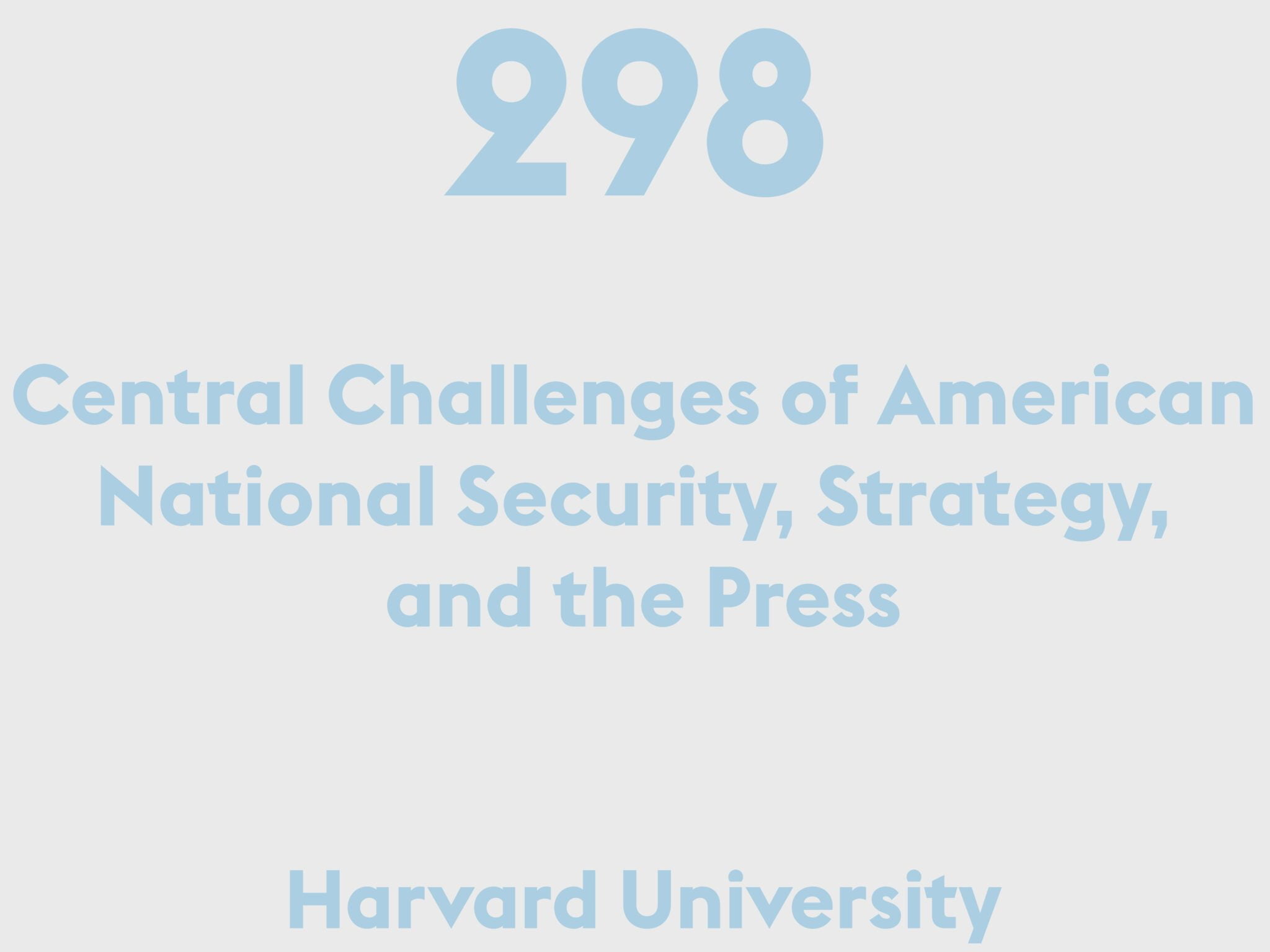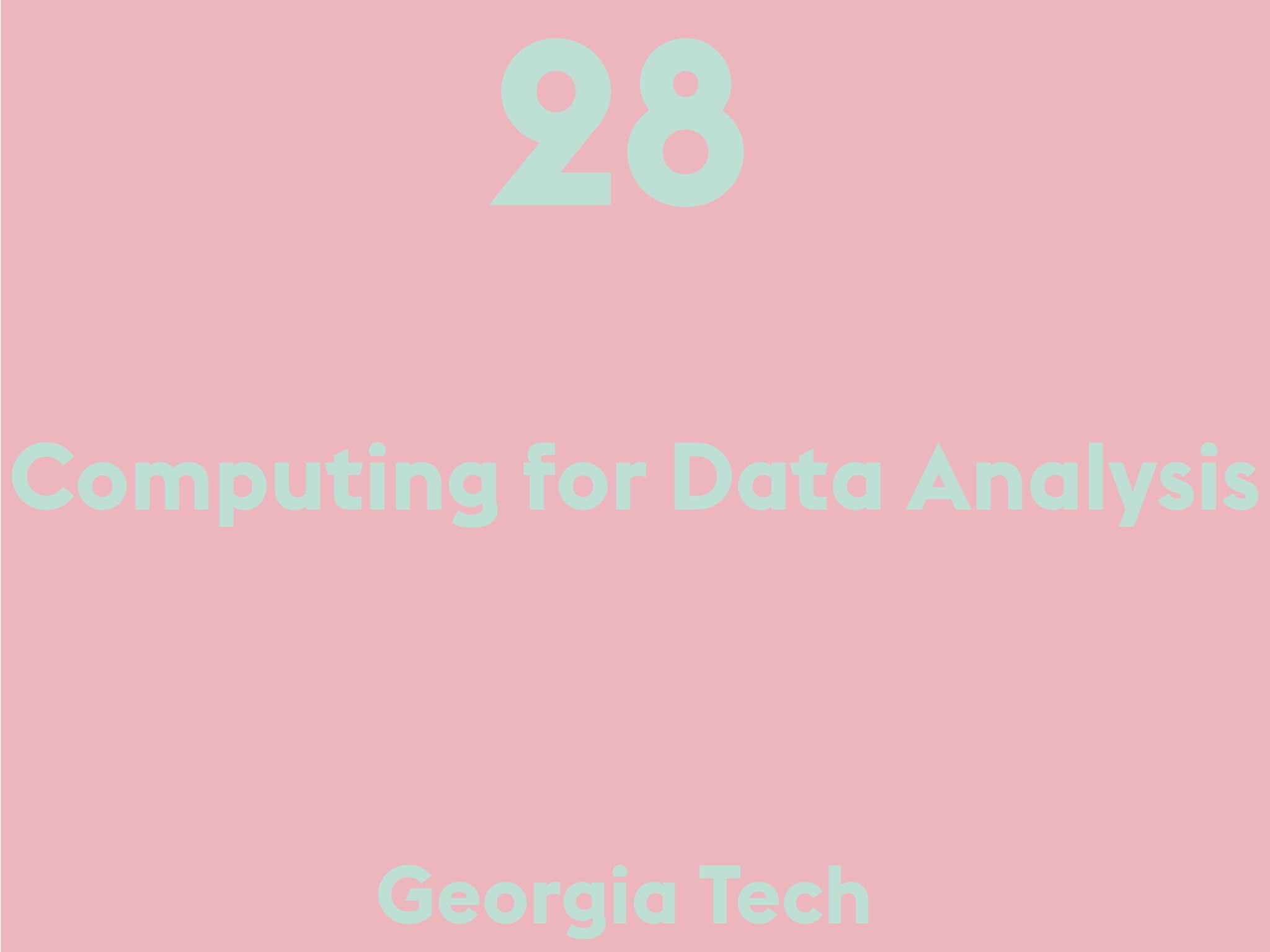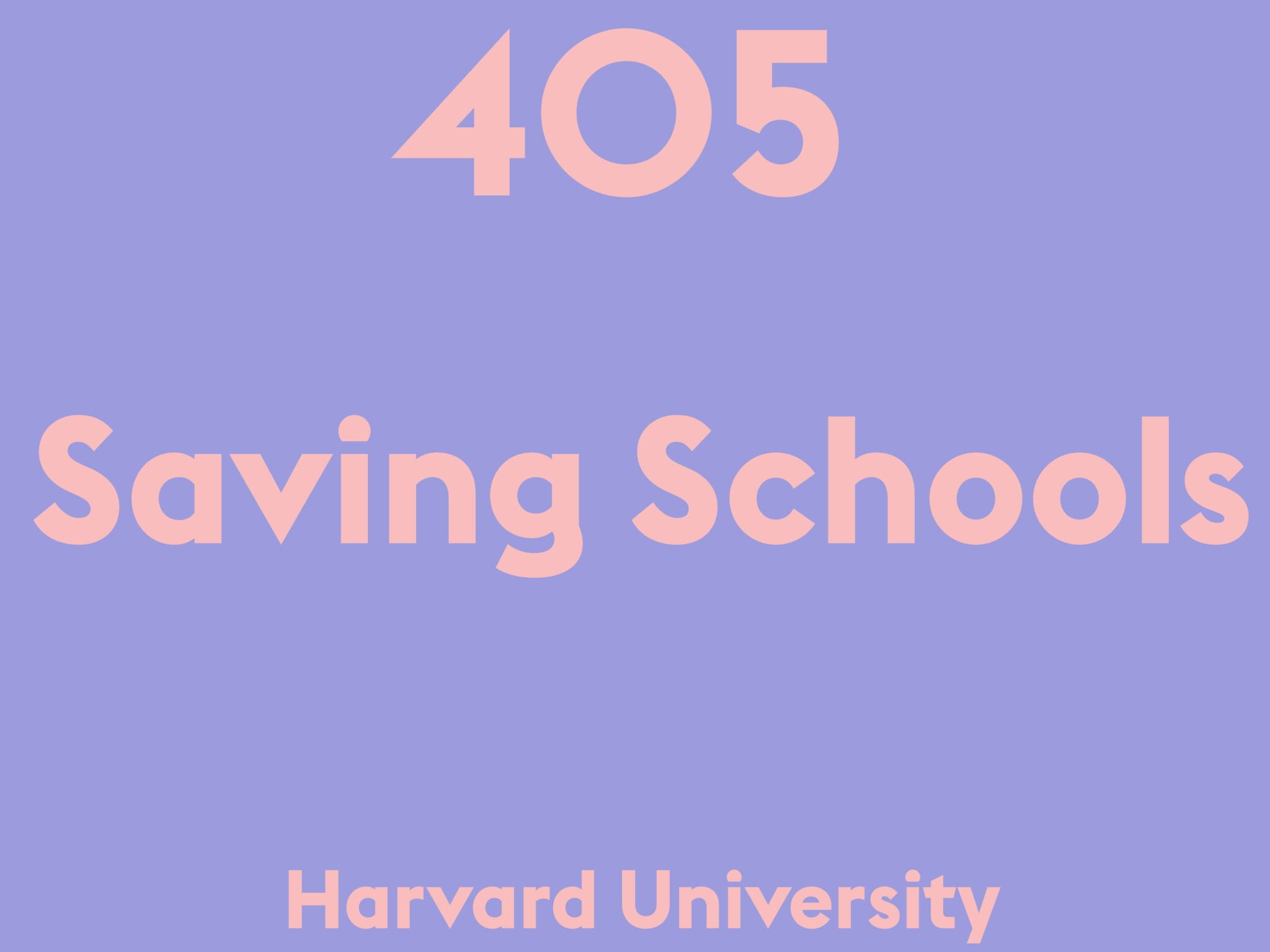This course is set to Open-Archived mode. You may register for this course and peruse the content at your own pace, but at this time you may not pursue a certificate.
How can Iran be stopped from getting a nuclear bomb—negotiations, sanctions, or military action? As a participant in this course, you will advise the president in deciding whether, and how, the U.S. should act. Once you’ve made your assessment, you will move on to wrestle with other scenarios preoccupying policy makers. Between the Assad regime and ISIS, civilians in Syria and Iraq face unimaginable atrocities. Should the U.S. intervene? China’s rise is rattling capitalist economies and a half-century of Pacific peace. What counterbalancing actions should Washington take? Leaks are a fact of life — but why do they happen? Who gets them, and why? Should journalists publish or withhold them? Does legal accountability lie with the leaker—or the journalist?
This six-week course casts you as advisors on the hardest decisions any president has to make. We will go behind the veil to see the dynamic between the press and the U.S. government, to explore these dilemmas. We will also have to contend with the reality that government secrets rarely stay that way. Participants will learn to navigate the political landscape of an era in which private remarks become viral tweets, and mistakes by intelligence agencies become front-page stories.
Weekly assignments require strategic thinking: Analyzing dynamics of challenges and developing strategies for addressing them. Students will learn to summarize their analyses in a succinct “Strategic Options Memo,” combining careful analysis and strategic imagination with the necessity to communicate to major constituencies in order to sustain public support. They will also examine how policymaking is affected by constant, public analysis of government deliberations.
Ways to take this course
From this page, you may register to view the content for the Open version of this course. It has also been offered in the past as an intensive online course (limited enrollment, by application only). Admitted participants took the course on a private platform, read approximately 75 pages per week, completed and received individual feedback on assignments including four short policy memos, participated in sections led by the course Teaching Fellows, and engaged with fellow learners in moderated discussion forums. Information on any plan to offer future Limited Enrollment versions will be posted to this page.







